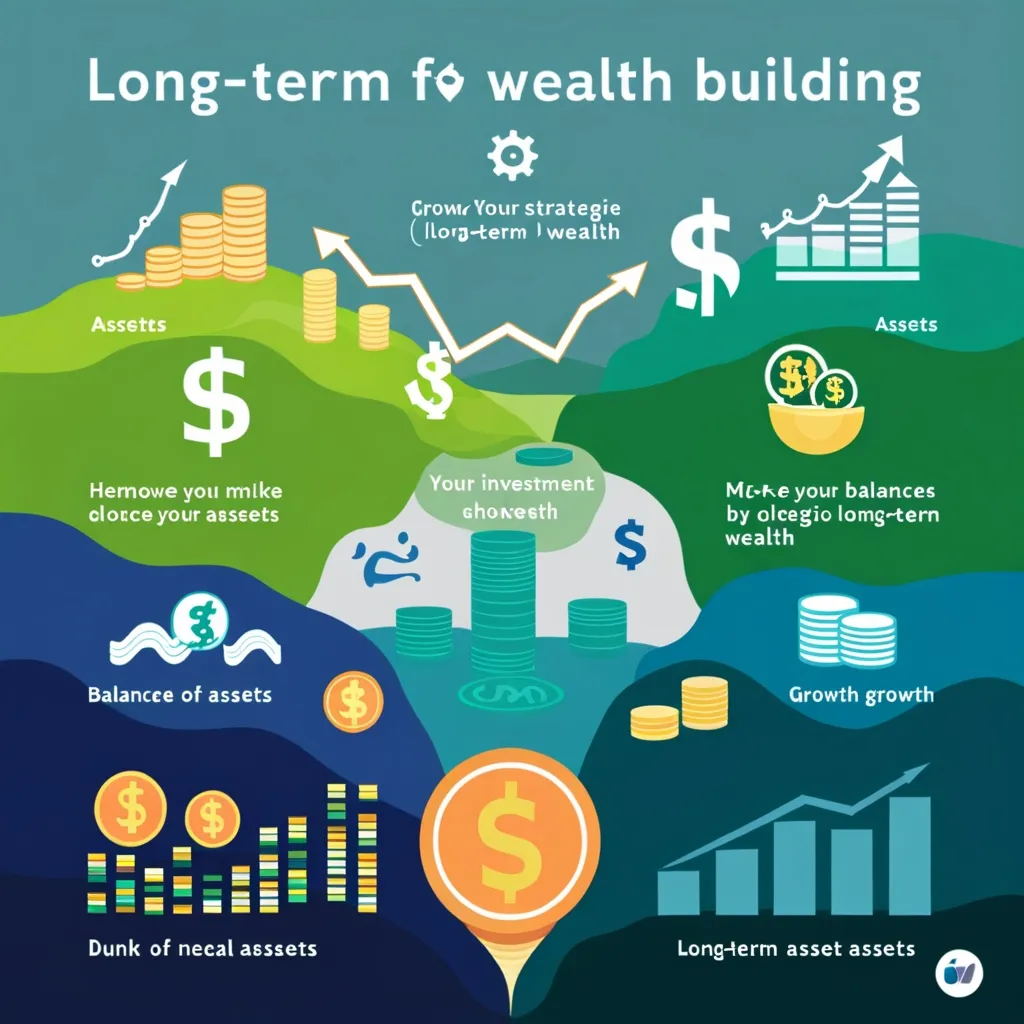Earning Passive Income through Dividend Stocks: The Ultimate Guide
When aiming for financial independence, dividend stocks often rise to the top as a popular choice for generating passive income. These gems from strong, stable companies can keep your pockets jingling without much daily effort. If you’re interested in making your money work for you, here’s an easy and engaging guide to getting started with dividend stocks and maximizing their potential.
Let’s first dive into what dividend stocks are. Essentially, they’re shares from companies that regularly hand over a slice of their profits to shareholders. These payouts often come quarterly but can also be semi-annual or annual, ensuring a dependable stream of income. Companies that dish out dividends are usually well-established and less likely to tumble, making them a solid bet in your investment mix.
During shaky economic times, such as periods of high inflation or looming recessions, dividend stocks can be particularly appealing. They provide a cushion by generating income that helps smooth over market volatility. Companies like Altria, famous for Marlboro cigarettes, and pharmaceutical ace Pfizer have long been known for their generous dividend payments, proving their mettle as reliable income sources.
To hop onto the dividend stock train, you’ll need a brokerage account. Setting one up is straightforward with an online broker. Fund your account, pick your preferred dividend stocks, and voilà, you’re good to go. Many brokers offer handy research tools to fish out stocks with attractive dividend yields.
When it comes to diving into dividend stocks, you get to choose between individual stocks and dividend funds. Investing directly in companies like Dominion Energy or Enbridge allows you to collect dividends directly from those stocks. These companies often come with high dividend yields supported by regulated rate structures and long-term contracts, promising steady income.
Now, if you’d rather not put all your eggs in one basket, dividend funds could be your go-to. These funds—be they mutual funds or ETFs—hold a mix of dividend-paying stocks. This instant diversification reduces your risk; if one stock cuts its dividend, other stocks in the fund usually pick up the slack. This approach is ideal for those less inclined to micromanage their investments.
Dividend funds are particularly awesome for folks who want a hands-off approach. Managed by professionals, these funds promise a diversified portfolio that’s aligned with the fund’s goals. Take Realty Income, a real estate investment trust (REIT), for example. It boasts a varied portfolio of commercial properties, providing consistent cash flow and regular dividend hikes.
However, before diving headfirst into dividend stocks, some ground rules are essential. Proper research can’t be stressed enough. Companies giving away high dividends today might have to slash payments if their business falters. Therefore, seek out companies with a dependable history of dividend payments and consistent growth. Verizon, for instance, has increased its dividend for 17 consecutive years, making it a beacon for income seekers.
Don’t forget to factor in tax implications. Holding dividend stocks in a taxable brokerage account means paying taxes on the income received, whether or not you reinvest the dividends. To dodge the tax bullet, consider tax-advantaged accounts like IRAs or 401(k)s.
Speaking of reinvesting, letting your dividends reinvest can magnify your returns. The S&P 500’s total annual return, accounting for dividends, has historically outpaced its mere value change by about two percentage points. This compounding effect is potent, especially the earlier you start and the more consistent you are.
Famous for high dividend yields, companies like Dominion Energy and Enbridge stand out. Dominion offers around a 5.5% yield, focusing on stable income while transitioning towards green energy. Enbridge, with yields north of 7.5%, ensures predictable income backed by long-term contracts. Pfizer and Verizon also shine with yields above 6%, leveraging substantial cash flow to bolster dividends and solidify their financials.
Building a portfolio of dividend stocks is rewarding but requires some elbow grease. Start by researching companies known for consistent payouts. Open a brokerage account with an online broker that offers robust research tools and low fees. Once funded, choose your stocks based on your findings. Keep an eye on your portfolio, tweaking it periodically to stay aligned with your goals.
Diversification is your friend. Spread your bets across different sectors and types of dividend stocks to manage risk. Combining utility stocks like Dominion Energy with pharmaceuticals like Pfizer and telecoms like Verizon can offer a balanced and reliable income stream.
Now, why does passive income matter so much? Simply put, it’s money earned without having to grind for it, freeing up your time for other interests or investments. Dividend stocks are fantastic tools for generating this kind of income. By mastering this strategy, you can work towards financial freedom, enabling you to chase life’s various passions.
To wrap it all up, dividend stocks aren’t just about the immediate passive income; they’re also about long-term wealth building. With a solid strategy and some patience, you can create a portfolio that not only brings in consistent income but also helps you navigate different market conditions. Whether you’re a seasoned pro or just getting started, including dividend stocks in your investment plan could very well be a smart move.






